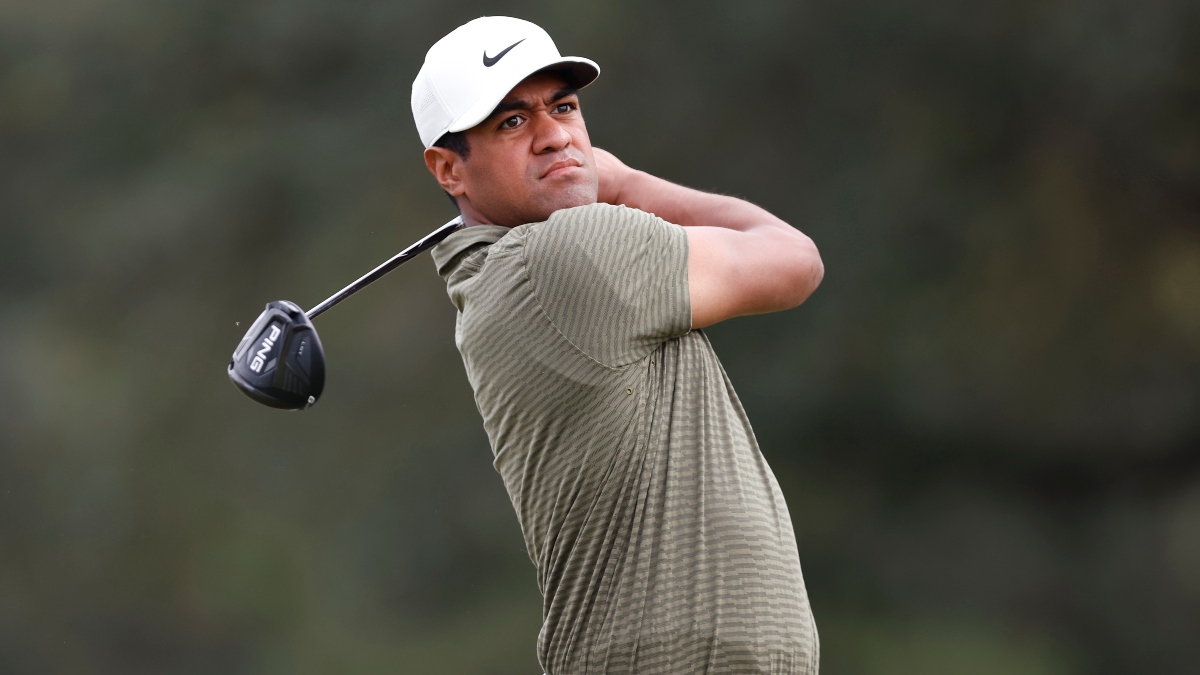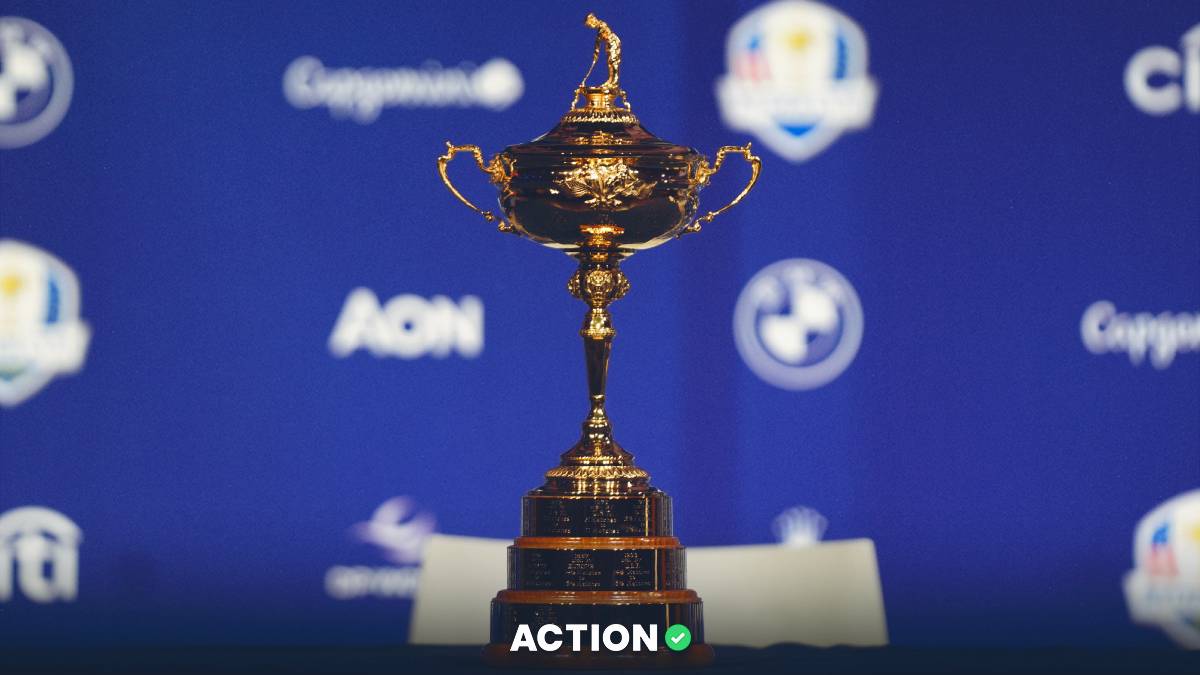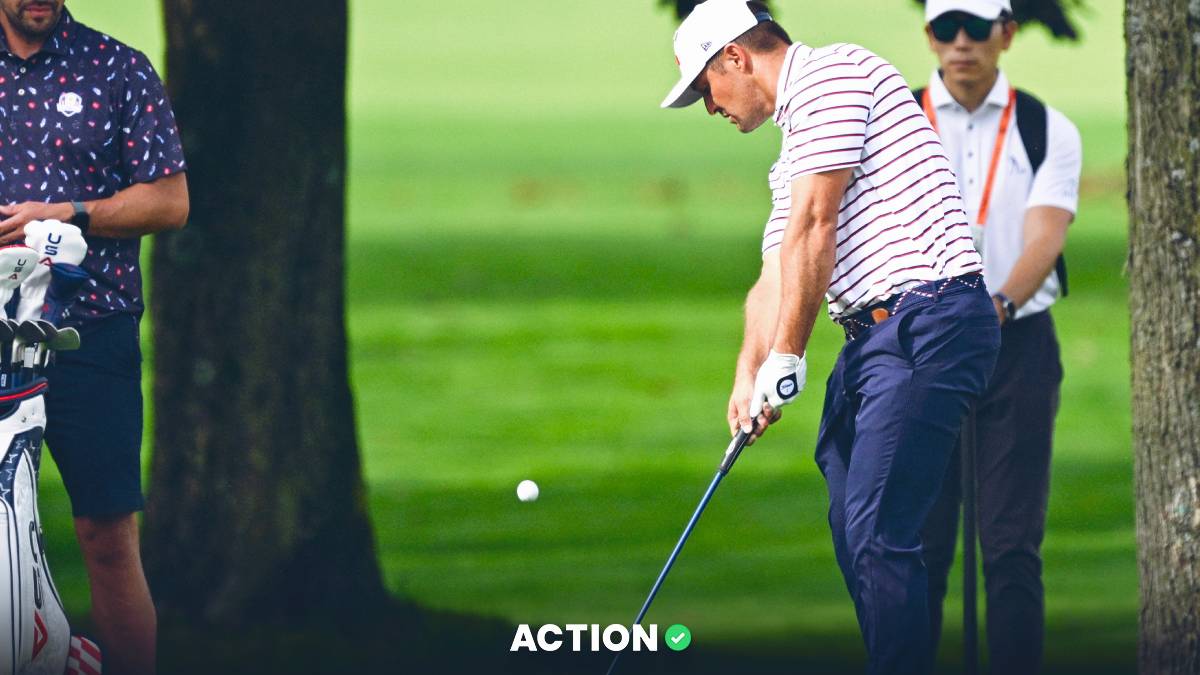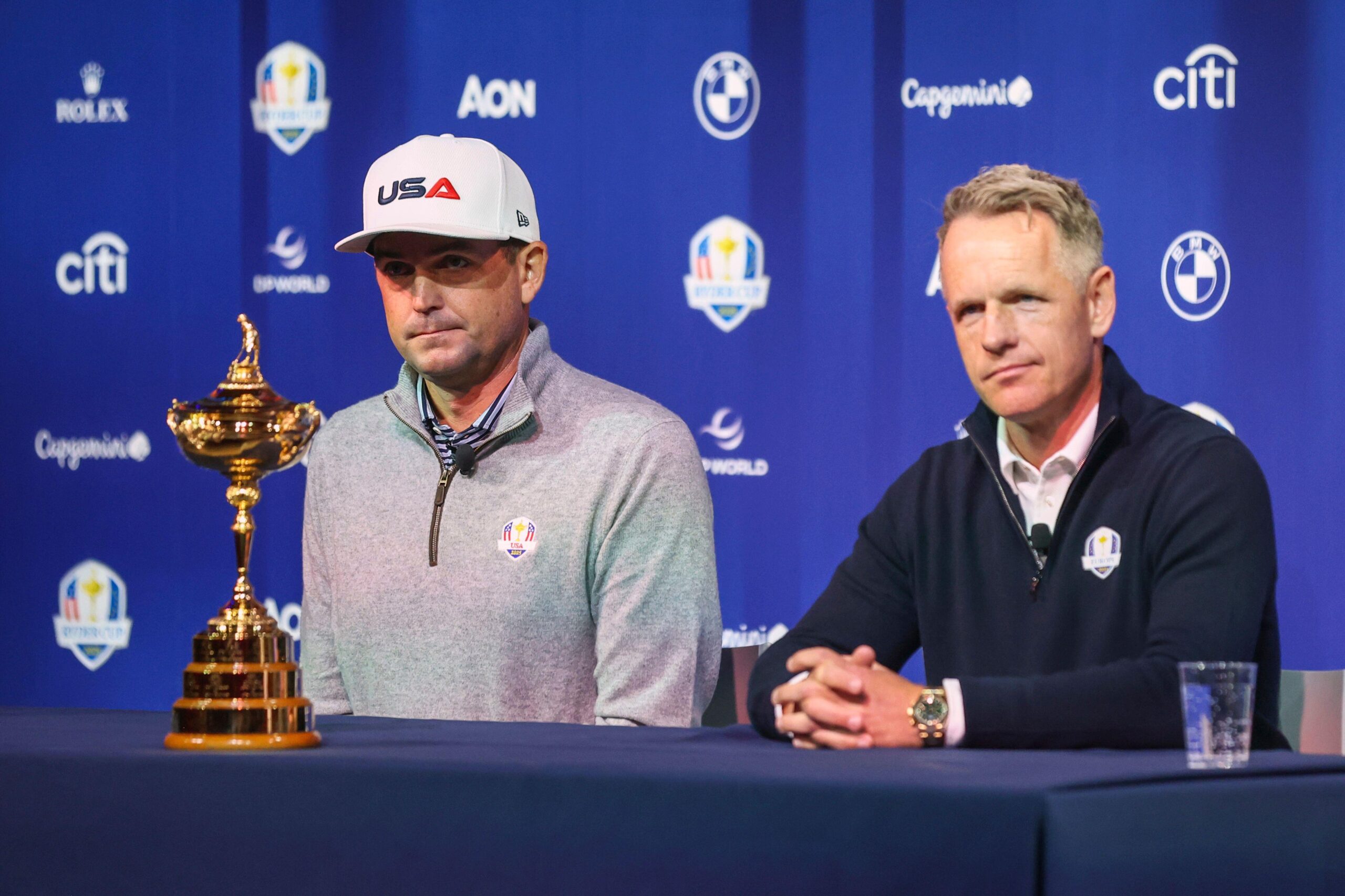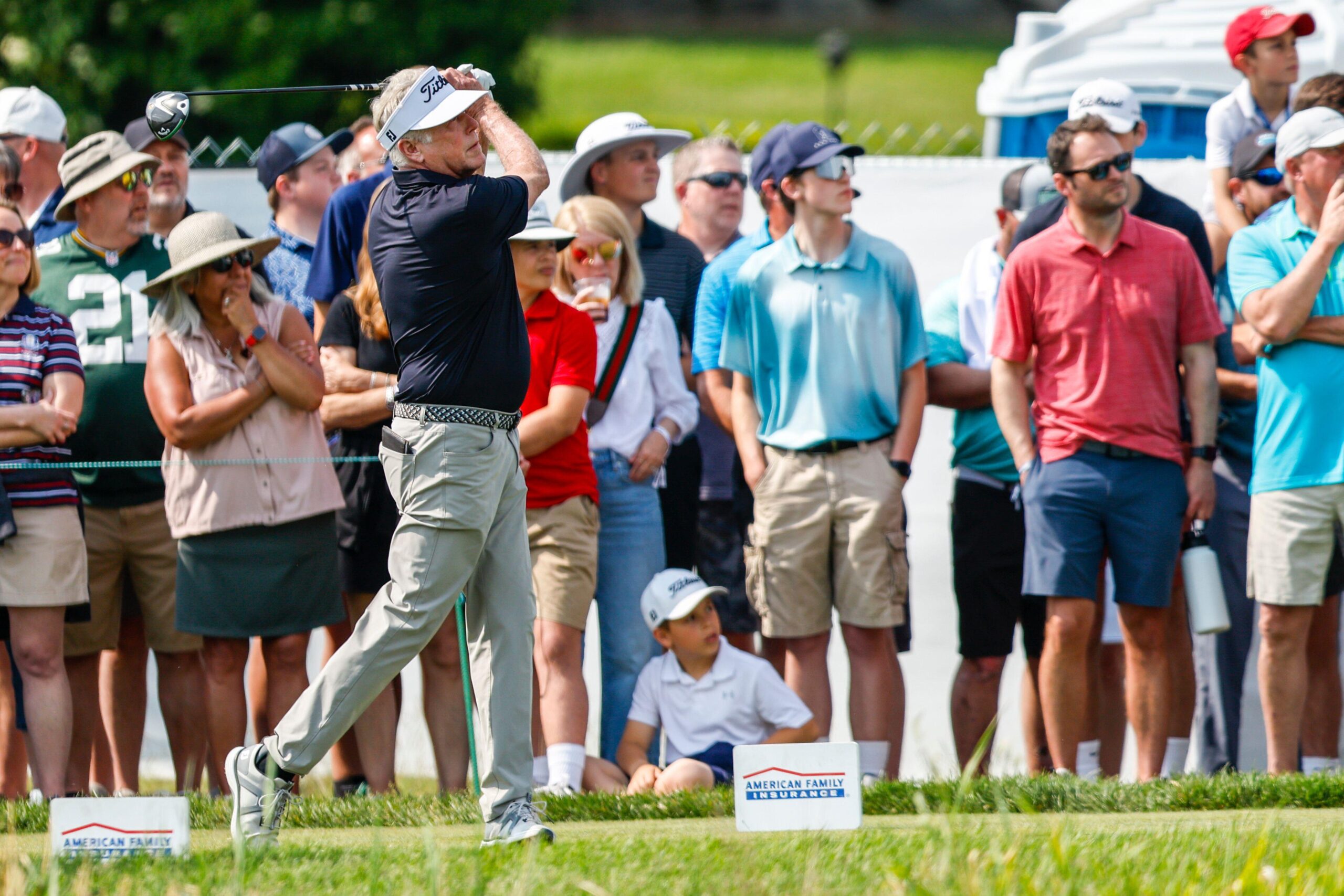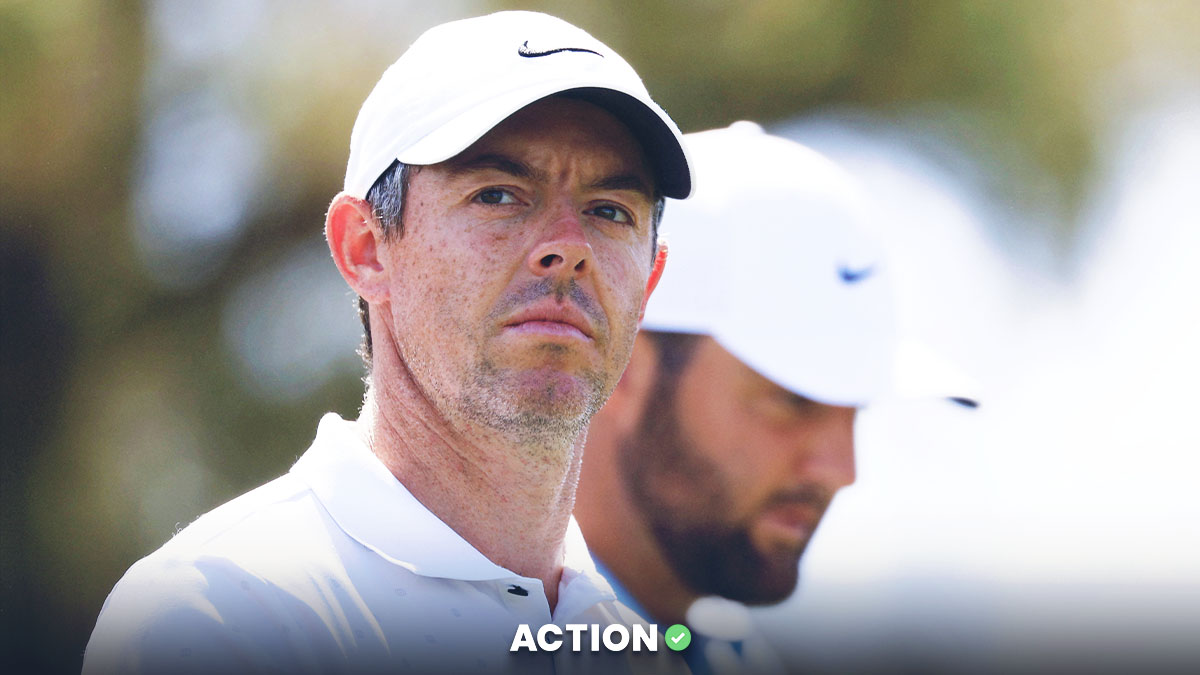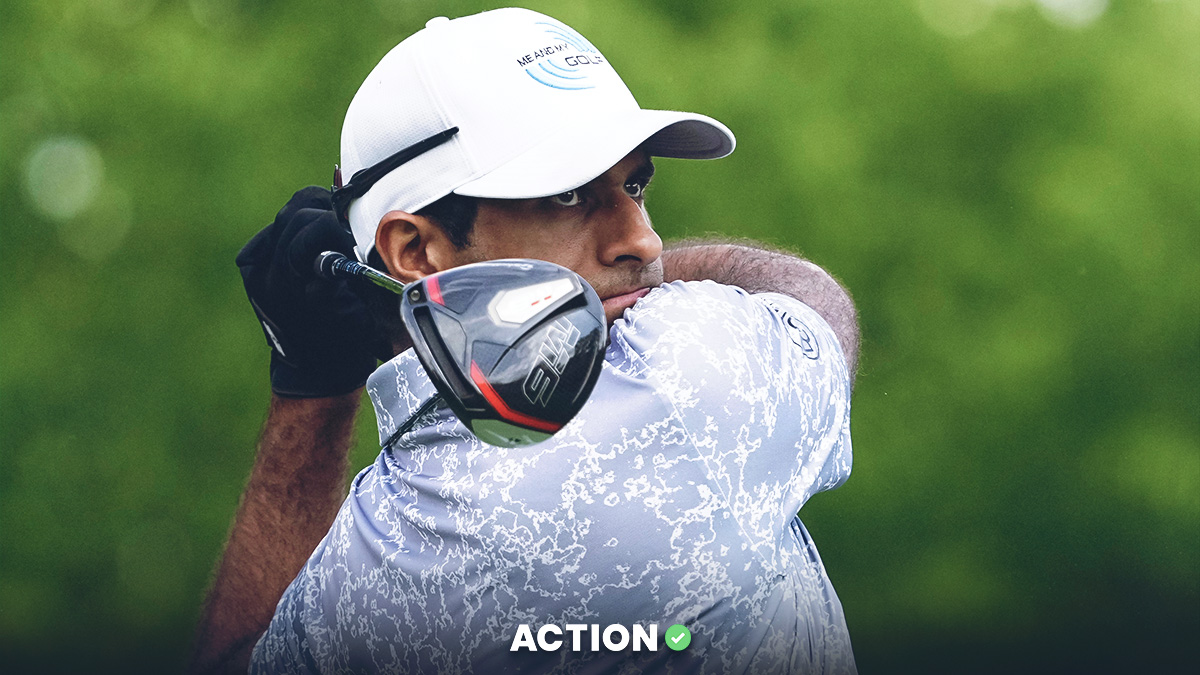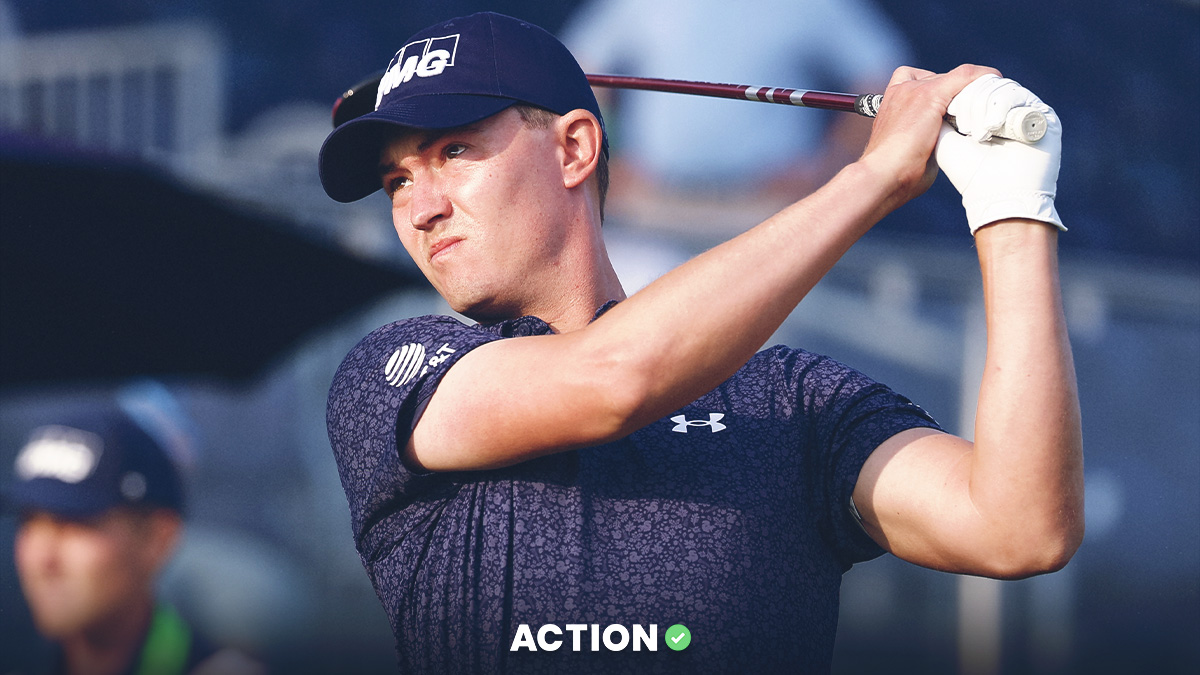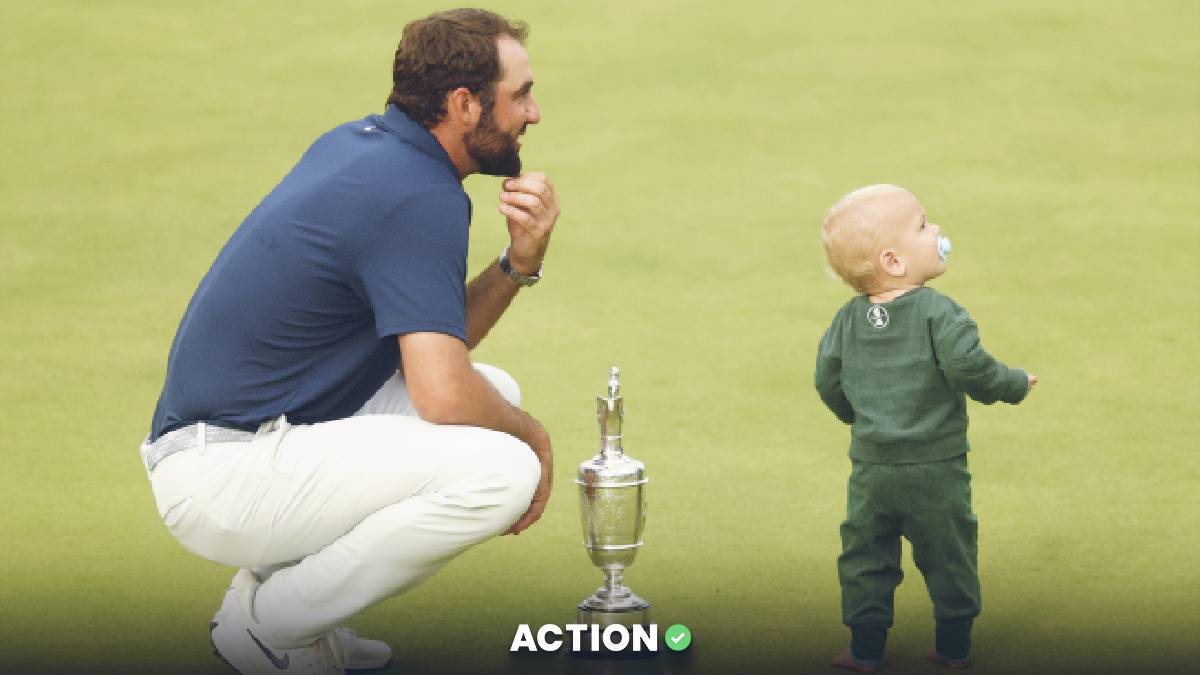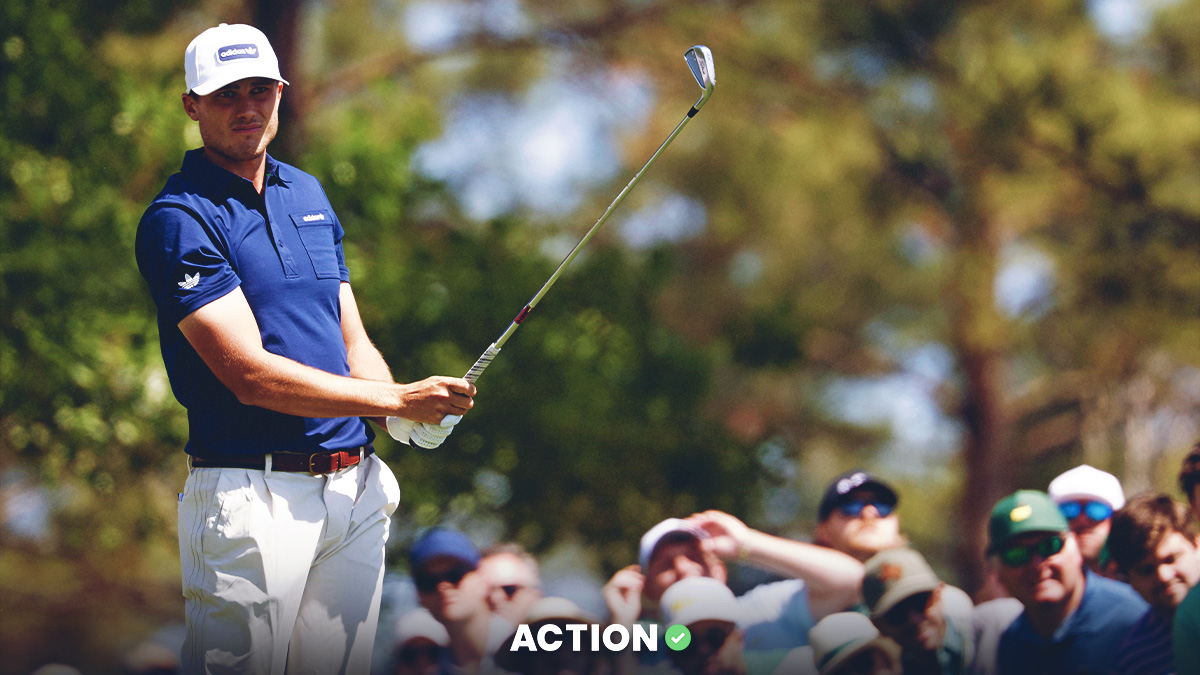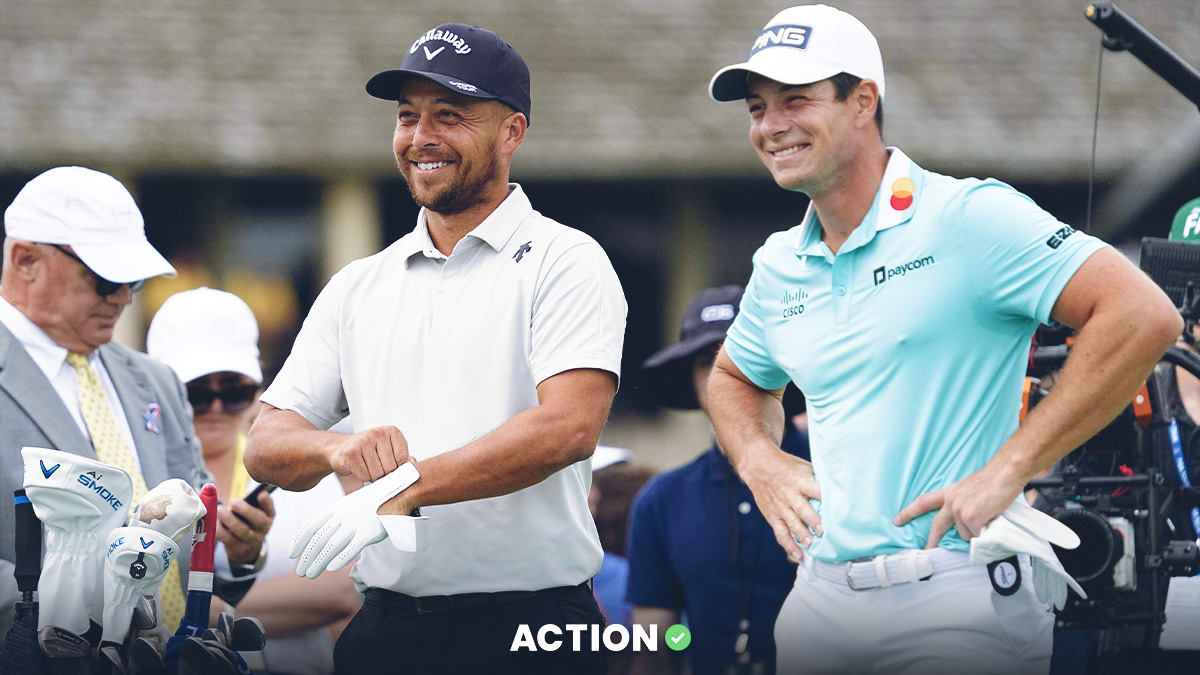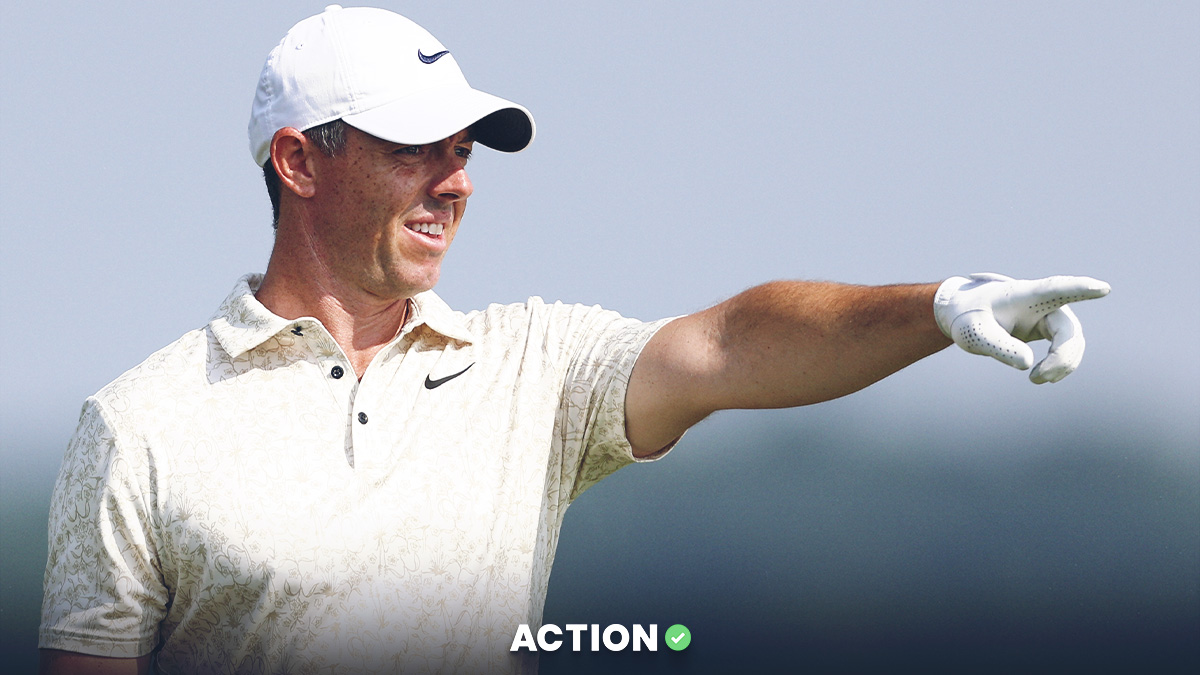- The 2020 Masters gets underway on Thursday, Nov. 10 at Augusta National Golf Course in Georgia.
- Jason Sobel look back at the odds from the last 10 years to try and find a common theme among the contenders at Augusta.
- This year the data points to Tony Finau, Webb Simpson, Bubba Watson and Patrick Reed having big weekends at Augusta.
I love those elimination games that are played before each year’s Masters Tournament, where someone uses available analytics to break down the list of competitors, then crosses names off the list with each data point.
You’ve undoubtedly seen these before.
Sometimes this test will take real statistics into consideration and attempt to leverage them. Augusta National is a second-shot golf course and winners are always top-25 in strokes gained on approach shots, so that eliminates Adam Scott, who was ranked 57th last season.
Other times it’ll be a little more cutesy, trying to find specific-yet-unrelated reasons to eliminate a player. Nobody with an X anywhere in his first or last name has ever won the Masters, so wave bye-bye to Xander Schauffele.
Either way, I think these things are great, whether they offer strong analytical rationale as to why a certain player might win or provide a few minutes of brief entertainment combined with some strange-but-true factoids.
If we’re really playing these games to determine future success, though, I think we’ve been doing it a bit wrong.
Instead of trying to predict just the winner, let’s use an easy-to-understand model to predict a group of potential contenders – players who fit the profile of those who tend to win a green jacket.
Again, there are plenty of ways to employ the data – from course-fit statistics to past Masters results – but I’m going to use two which serve the purpose here.
What the Odds Tell Us
The first is pre-tournament odds, which show us that while it’s rarely the favorite who vanquishes all others at Augusta, it’s just as infrequently a longshot who pops up out of nowhere. The second is current form, which illustrates the old theory that a player needs to have his game when he arrives at this tournament; nobody is going to dig it out of the dirt in a eureka moment on Wednesday afternoon.
Before we can assess any of this year’s contenders in these two areas, we need to look at the odds and recent results for each of the previous 10 champions. I limited the latter to their previous four starts before that specific Masters – enough to give us a sample size, but not enough to have us searching back more than a few months.
| Winner | Year | Odds | Last Four Results |
|---|---|---|---|
| Tiger Woods | 2019 | +1200 | 5-30-10-15 |
| Patrick Reed | 2018 | +4000 | 9-7-2-37 |
| Sergio Garcia | 2017 | +3000 | 30-12-14-49 |
| Danny Willett | 2016 | +5000 | 28-22-3-45 |
| Jordan Spieth | 2015 | +1000 | 2-2-1-17 |
| Bubba Watson | 2014 | +2000 | 2-9-1-2 |
| Adam Scott | 2013 | +2500 | 30-3-33-10 |
| Bubba Watson | 2012 | +3000 | 4-2-17-13 |
| Charl Schwartzel | 2011 | +10000 | 30-47-24-14 |
| Phil Mickelson | 2010 | +1000 | 35-30-14-24 |
A few things to note about these recent champions: Not a single one was the pre-tournament favorite, as Mickelson in 2010 and Spieth in 2015 were the closest, each ranking second on the board at 10/1.
And perhaps more importantly, of the 40 total starts entering these Masters wins, there were only two other victories (Watson in 2014; Spieth in ’15), but not a single missed cut. In fact, there wasn’t one result of those 40 during which one of these players finished outside the top-50. What does that tell us? Players need to be peaking entering this tournament, but there’s a crucial delineation between peaking and having already peaked.
From here, let’s take a look at the mean for each statistic.
When we average out the pre-tourney odds, we find that winners have been just under 33/1. If we take out top and bottom outliers, losing a 10/1 and the 100/1 assigned to Schwartzel in 2011, that brings the average to 27/1, so we can look for a player right between those two numbers.
As for recent finishes, the average result of these 40 was just a notch over 17th place. With most potential contenders having played the limited-field, no-cut CJ Cup and/or Zozo Championship within their previous four, the results might be just a bit inflated this year, but shouldn’t throw off the numbers any more than pre-Masters WGC events have in the past.
Now let’s get to the fun stuff.
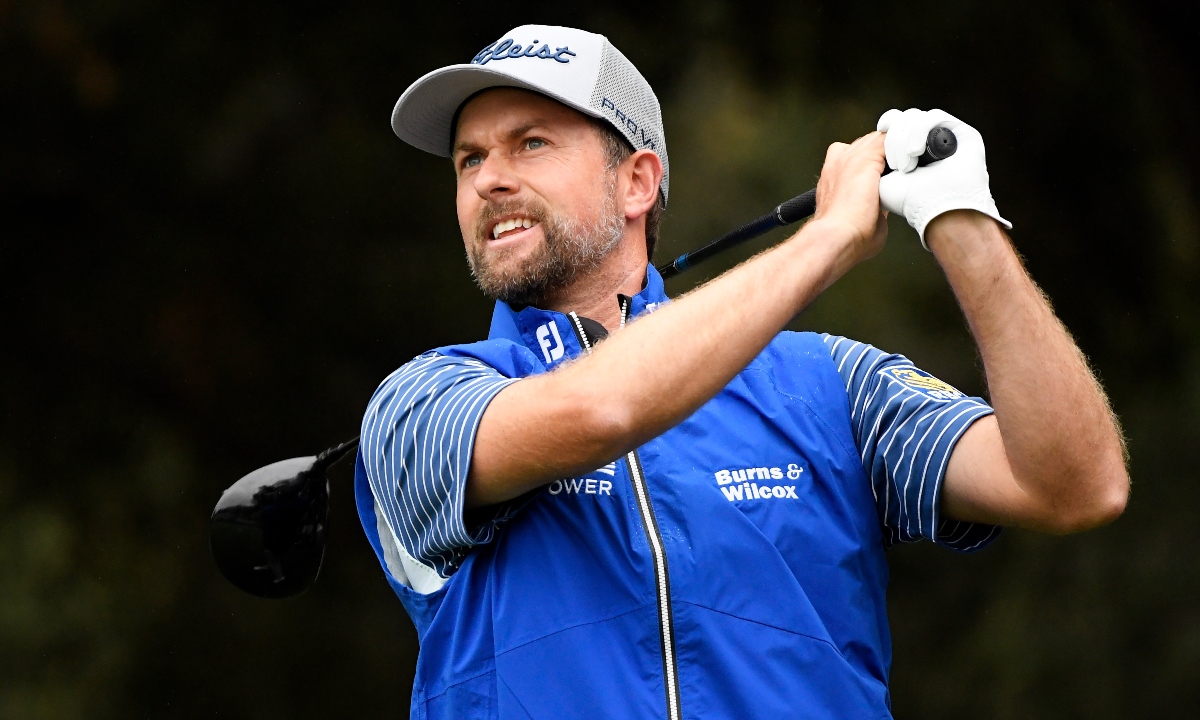
Who Fits the Criteria in 2020?
Granted, the prices are constantly changing and one book might differ from another, but the consensus is that there are seven players within this range of pre-tourney odds: Collin Morikawa, Patrick Reed, Webb Simpson, Bubba Watson, Tiger Woods, Tony Finau and Matthew Wolff. Those are obviously some very viable names for this year’s title. Patrick Cantlay (too low) and Hideki Matsuyama (too high) just missed this range.
Here’s how each of those players has fared in his previous four starts:
- Morikawa: 50-12-MC-MC
- Reed: 14-3-13-7
- Simpson: 17-13-8-17
- Watson: 4-7-31-16
- Woods: 72-MC-51-58
- Finau: 24-11-8-14
- Wolff: 50-73-2-2
The easiest players to eliminate from this group are Morikawa, the reigning PGA Championship winner, and Woods, the defending Masters champion. Having an MC in those recent results has been a death sentence for a player’s chances over the past decade.
From there, we can start examining the average of these results. Wolff is the next name scratched off the list, with an average finish of just under 32nd.
Here’s where it starts getting more interesting.
Reed owns an average result of just over ninth place in his last four starts. Simpson, Watson and Finau are each just over 14th place.
This is where the elimination game often goes too far.
If we want to get technical, Watson is just a smidge closer to that average 17th-place finish for previous winners than Simpson or Finau, so he might be promoted as the “winner” of this game.
Instead, I’ll simply leave it as each of these four players checking a few main boxes to fit the profile of recent Masters champions. Getting it narrowed down to a pair of past champions and two other players who each tied for fifth place at last year’s edition of this tournament should be enough to give us some strong candidates for the title this time around.


